Historic milestone reached as first ever release of rare moth takes place in the Cairngorms National Park to boost threatened species
12/07/2023 in RZSS
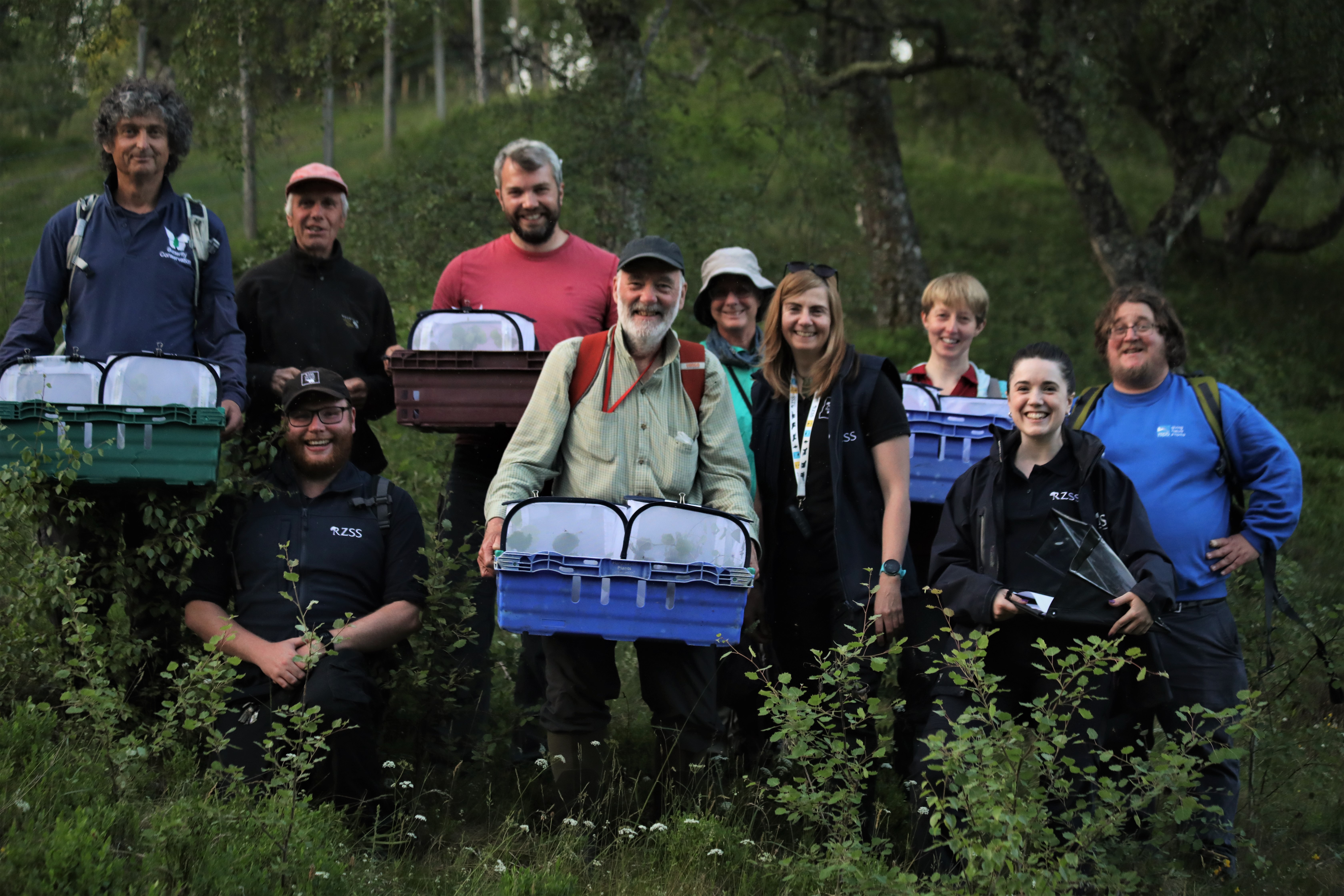
The Royal Zoological Society of Scotland (RZSS) have participated in the first ever releases to boost Britain’s wild population of threatened dark bordered beauty moths as part of the Rare Invertebrates in the Cairngorms (RIC) partnership.
Following a successful first breeding season for the extremely rare native species at Highland Wildlife Park, home to wildlife conservation charity RZSS, RIC partners released 160 dark bordered beauty caterpillars into a specially selected site in the Cairngorms National Park. Establishing new populations of this species is vital, as habitat loss has meant there are currently only three small populations across Britain – two in Scotland and one in England.
In Scotland, dark bordered beauty caterpillars are reliant on aspen suckers, which require protection from grazing to thrive and expand. In the wild, sites with suitable habitat are fragmented, with large distances between them so the moths are not currently able to disperse to new sites themselves. As part of habitat management efforts, RIC have been undertaking surveys to find new sites of suckering aspen and working with landowners to try and help create better habitat for the moths to be released into.
In 2022, 40 dark bordered beauty moth eggs were collected in the wild and transferred to a purpose-built breeding facility at Highland Wildlife Park. These eggs hatched out into caterpillars, pupated into adults and produced a further 497 eggs, making for a successful first breeding season. Most of those eggs hatched into caterpillars that have now been released, while the rest of this year’s caterpillars are currently pupating. A number of individuals will remain at the facility as part of the conservation breeding programme, while others will be released into the wild as adults at the same site as the caterpillars.
Dr Helen Taylor, Conservation Programme Manager at RZSS said “This is an incredible day for dark bordered beauty moths in Britain. Invertebrates form a crucial part of our ecosystems but are often overlooked. We are excited to take these steps to help restore dark bordered beauty moth populations and uncover more about this elusive species.
“Our charity’s dedicated team’s close monitoring of our conservation breeding population is already providing new insights into reproductive and ecological behaviours that have never been observed before.
“As we face biodiversity loss across the globe, we need to do more to protect all species, big and small. Species like dark bordered beauty moths play important roles in the ecosystems they live in, such as pollinating plants and forming part of complex food webs. When we lose these species, we lose the functions they perform and, slowly but surely, our ecosystems will stop functioning. We recognise the importance of rare invertebrates in Scotland and are heavily investing in reversing their decline.
“These releases are a vital step forward for our dark bordered beauty moth conservation breeding for release project, and we are all now waiting anxiously to see if the caterpillars we have released will manage to settle in, pupate and emerge as adult moths in a few weeks’ time. Thanks to a huge amount of collaboration and support from our partners, funders and other conservation champions, including visitors to our parks, the future is starting to look brighter for this beautiful but incredibly rare species.”
Dr Tom Prescott, Head of Conservation, Butterfly Conservation Scotland said “This is a very exciting day and a great leap forward in the conservation of this very rare moth. It reflects a great deal of hard work undertaken by project partners and volunteers as well as several willing and enthusiastic landowners and a blueprint on how we deliver successful conservation of threatened species.”
This work is possible thanks to the Cairngorms National Park Authority and People’s Postcode Lottery.
The dark bordered beauty moth conservation breeding for release project is in collaboration with the Rare Invertebrates in the Cairngorms project, a partnership between the Butterfly Conservation Scotland, RSPB Scotland, Cairngorms National Park Authority, RZSS, Buglife Scotland, and NatureScot.
Featured Articles

An update from the Budongo Forest
19/04/2024 in Conservation
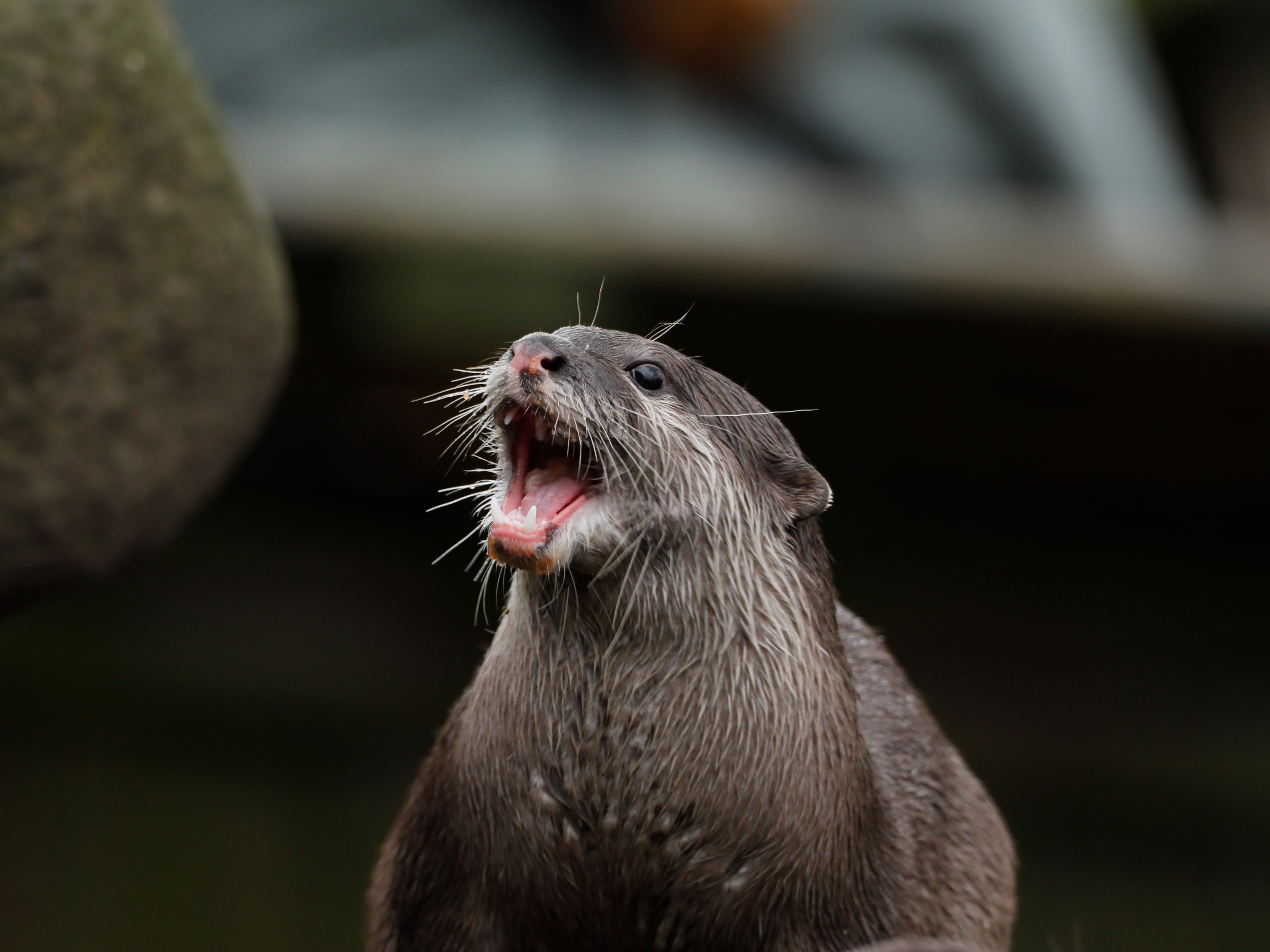
Edinburgh Zoo named best zoo in Scotland
15/04/2024 in Edinburgh Zoo




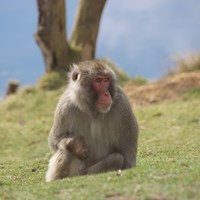
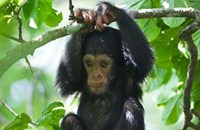

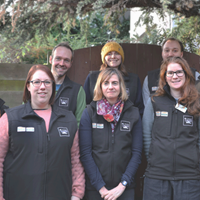
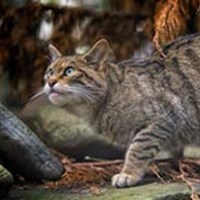

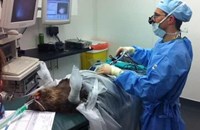



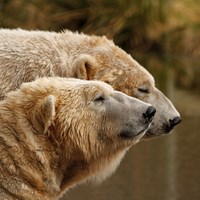



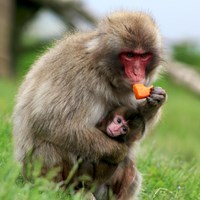
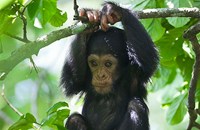
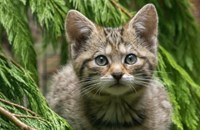

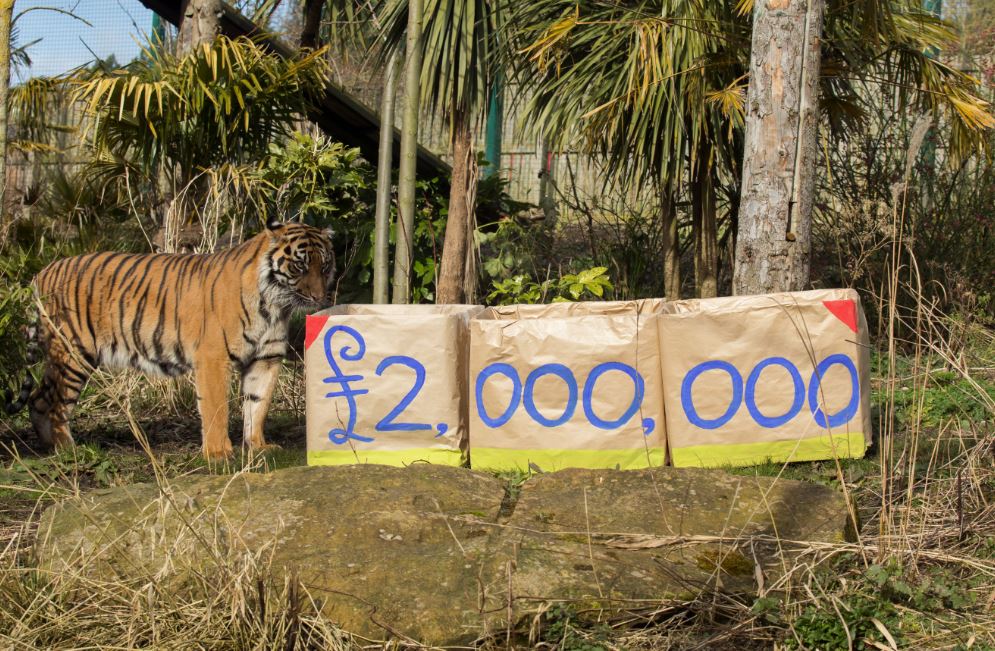

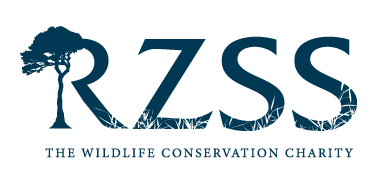
Follow EZ